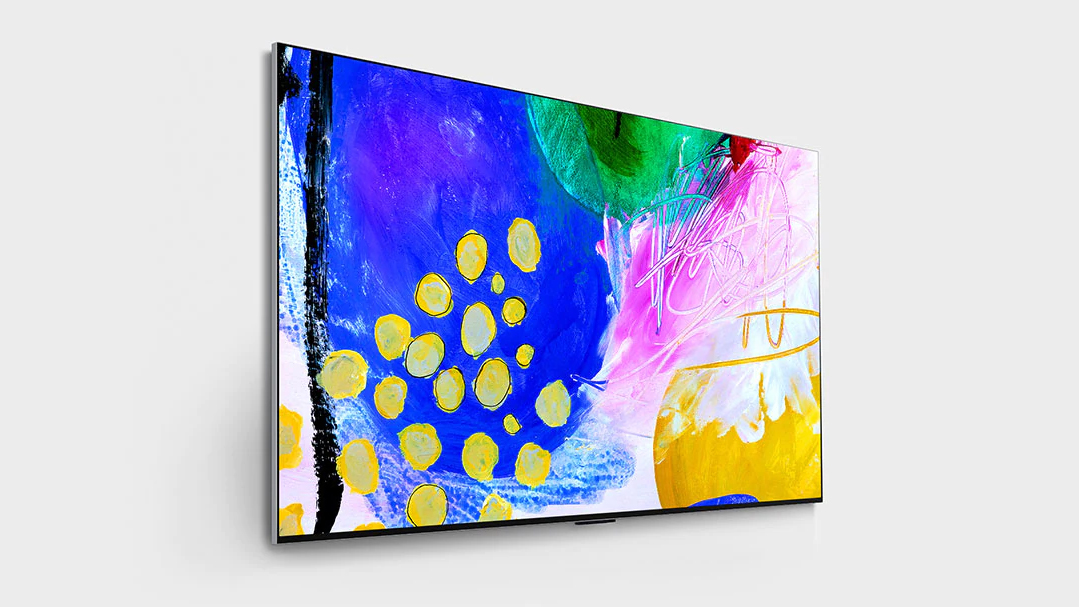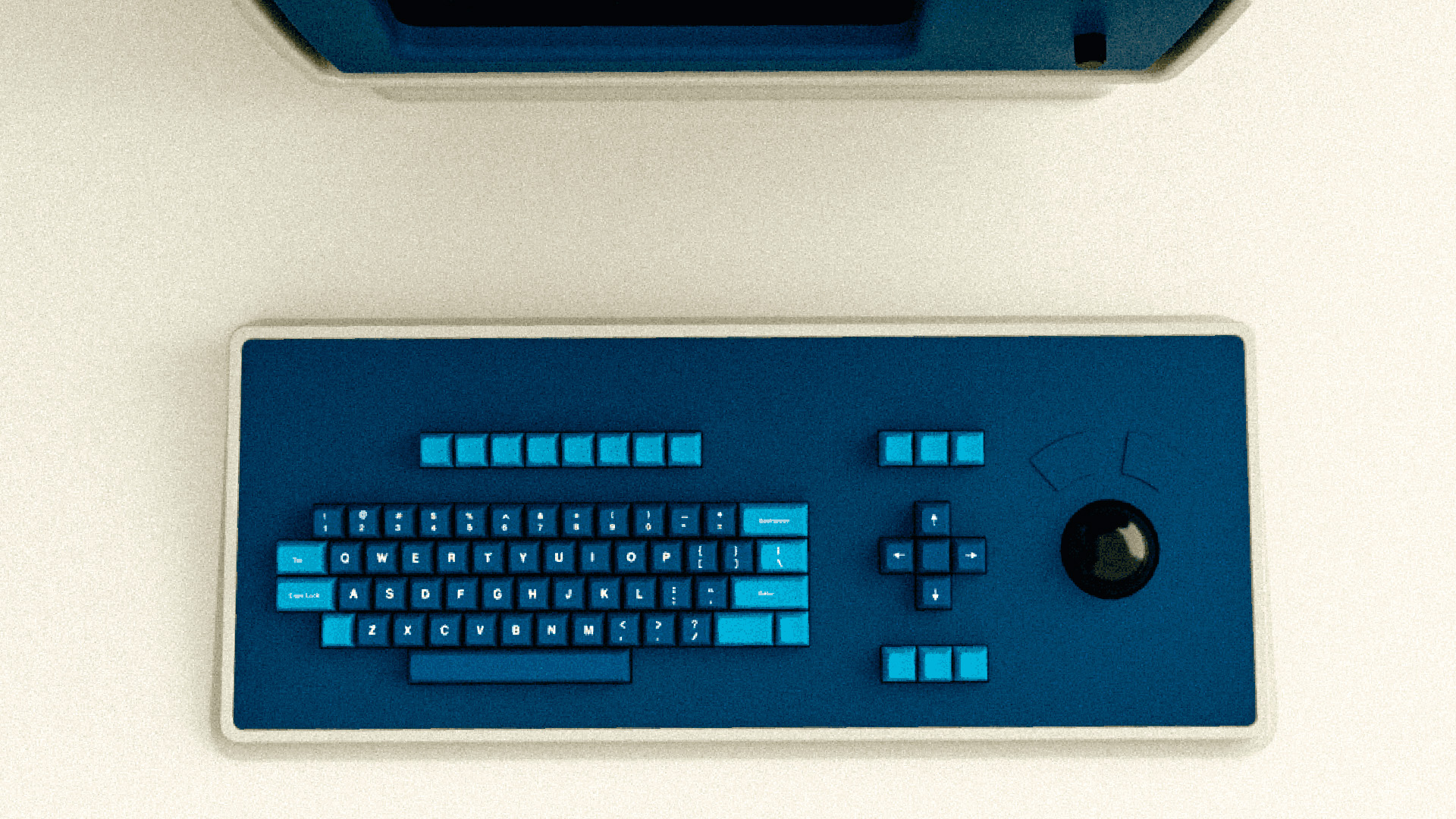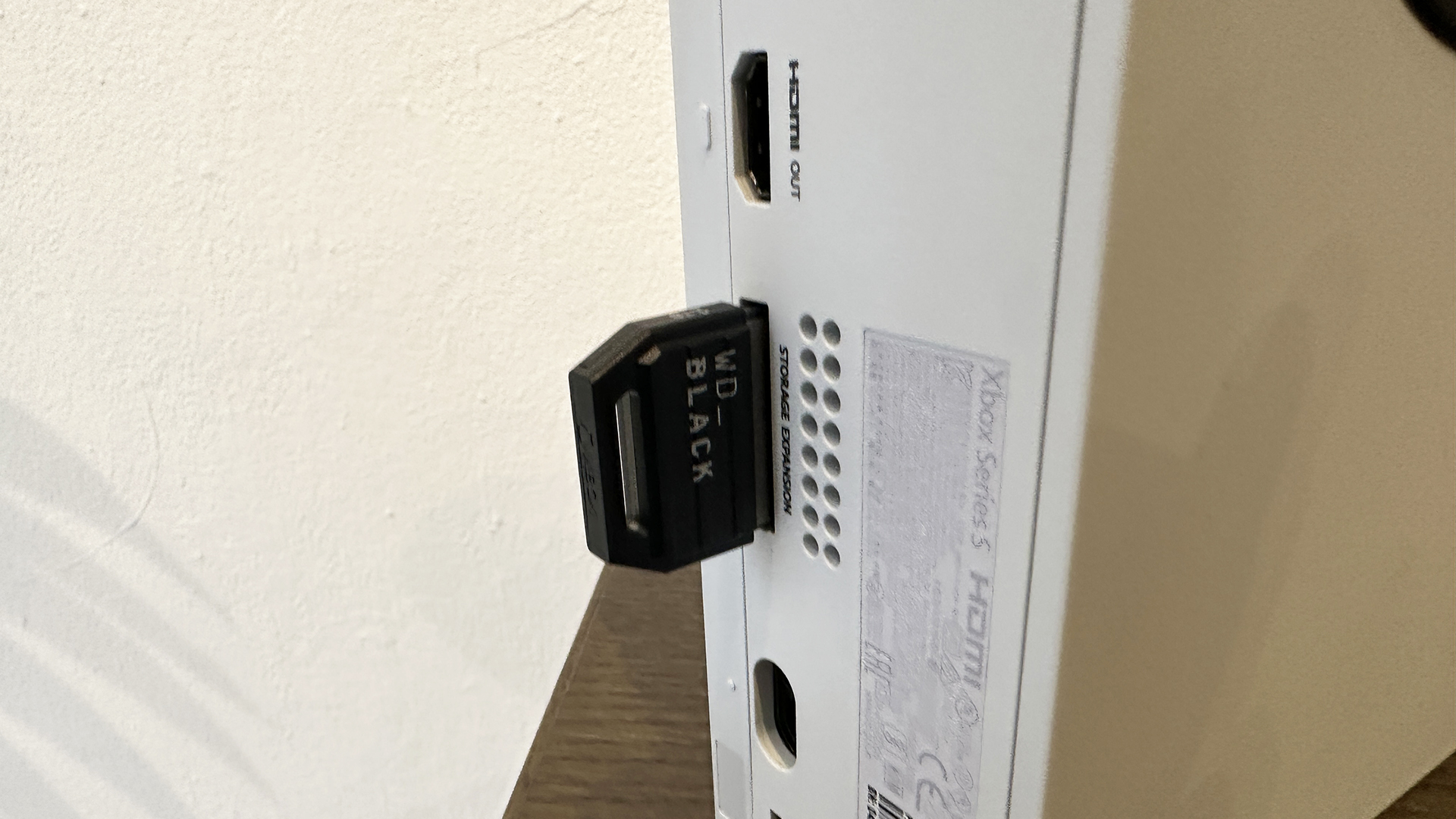

OLED TVs are among the best TVs you can buy in terms of colours and contrast, but the best OLED TVs are not exactly the cheapest TVs around. That's partly because many of them are adding extra tech to boost brightness and performance, but it's mainly because while things have improved a lot in recent years, OLEDs are still pretty pricey to make.
A new breakthrough in Korea could change all that, and while so far it's not a production reality it could mean the best OLED TVs in the not too distant future will be a whole lot cheaper.
As our sister site Techradar reports, attempts at creating a more efficient and affordable kind of OLED have been stymied by difficulties in "stacking" the layers of components in the panel. But it seems that researchers at Pusan National University in Korea have found the solution.
The solution is a solution
The technique here is called solution-processed OLED, and it's an alternative to the vacuum thermal evaporation process used by today's OLED manufacturers. Solution processing is potentially much cheaper and much less labour-intensive, and according to the researchers it should deliver "an economical, large-scale fabrication technique". In other words, more panels, made more efficiently, for less money.
And cost is the big obstacle in OLED tech. It's why moving to OLED could mean a massive price hike for the iPad Pro, and why the best small OLED TVs – which don't have the same efficiencies or economies of scale as their larger siblings or the much smaller OLEDs in smartphones – cost the same or even more than bigger ones.
As we're talking about a scientific paper here it's clear that solution-processed OLED isn't going to cut the cost of the best OLED TVs in 2023. However, it's not all bad: cheaper, brighter OLED TVs are on the horizon, and in the meantime miniLED TVs continue to nip at OLED's heels without necessarily costing quite so much.
Sign up to the T3 newsletter for smarter living straight to your inbox
Get all the latest news, reviews, deals and buying guides on gorgeous tech, home and active products from the T3 experts
Writer, musician and broadcaster Carrie Marshall has been covering technology since 1998 and is particularly interested in how tech can help us live our best lives. Her CV is a who’s who of magazines, newspapers, websites and radio programmes ranging from T3, Techradar and MacFormat to the BBC, Sunday Post and People’s Friend. Carrie has written more than a dozen books, ghost-wrote two more and co-wrote seven more books and a Radio 2 documentary series; her memoir, Carrie Kills A Man, was shortlisted for the British Book Awards. When she’s not scribbling, Carrie is the singer in Glaswegian rock band Unquiet Mind (unquietmindmusic).

